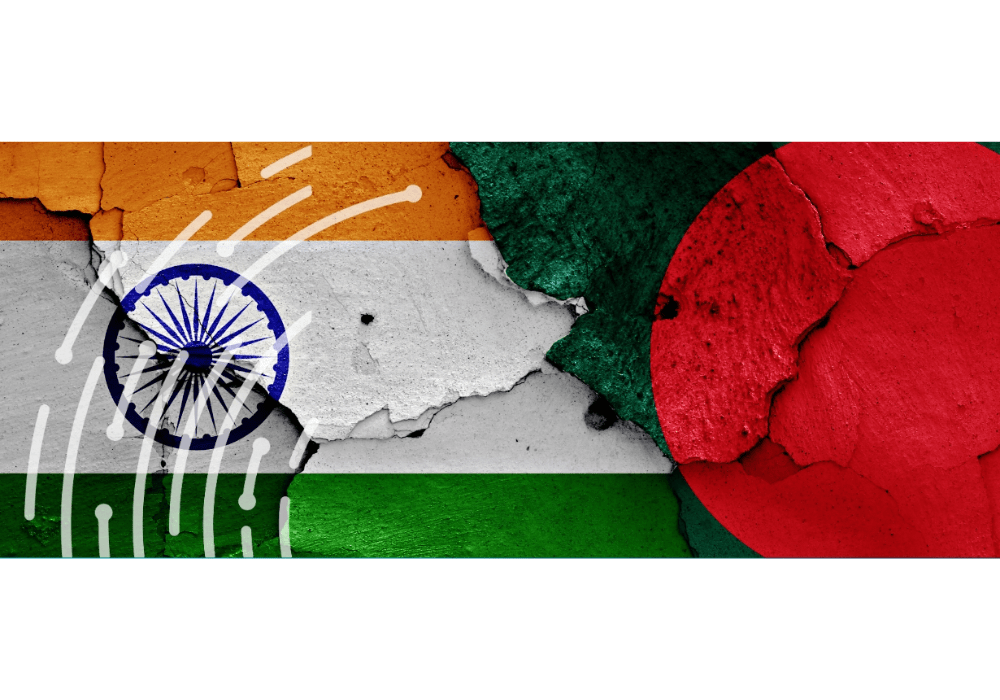Bangladeshi businesses are facing higher costs in trading with India as new non-tariff measures disrupt the flow of goods across the border. Since April, retaliatory restrictions from both Dhaka and New Delhi have slowed shipments through nearly a dozen land ports, forcing exporters and importers to reroute goods through Chattogram port. The shift has pushed up transport and operational costs by as much as 20%, industry representatives say.
Read More: Bangladesh Apparel Exports to US Grow Despite Tariffs
Annual trade between the two neighbors exceeds $15 billion, with India ranking as Bangladesh’s second-largest source of raw materials after China. But since India suspended transshipment facilities for Bangladeshi cargo to third countries earlier this year, a series of reciprocal steps has strained ties. Dhaka responded by suspending yarn imports through land ports, while India tightened entry rules for Bangladeshi goods including garments, food, plastics, furniture, and jute.
The result has been steep declines in cargo volume at land ports. According to the India-Bangladesh Chamber of Commerce and Industry, imports from India at some ports have fallen by more than 50%. For example, daily truck arrivals have dropped from nearly 400 to just 150. Some Bangladeshi exporters also report losing Indian buyers, who are now sourcing from domestic suppliers to avoid delays.
Still, Chattogram port has absorbed much of the redirected flow. Exports to India through the port rose 139% year-on-year in the first eight months of 2024, reaching $338 million compared to $141 million a year earlier. However, businesses say sea routes are slower and more expensive, raising concerns about competitiveness in the Indian market.
Read More: UK Seeks Deal as US Pushes for Local Drug Production
Commerce Secretary Mahbubur Rahman said Dhaka has repeatedly written to New Delhi requesting talks to address the barriers, but has not received a response. “Because of the non-tariff barriers, the cost of business operations rose by 20%,” he told The Daily Star, noting that no secretary-level meeting has been held for a year and a half.
Industry leaders are urging both governments to resolve the issues quickly. They warn that while overall trade volumes remain steady, prolonged disruptions could weaken Bangladesh’s export position in India and increase costs for industries dependent on Indian raw materials.


